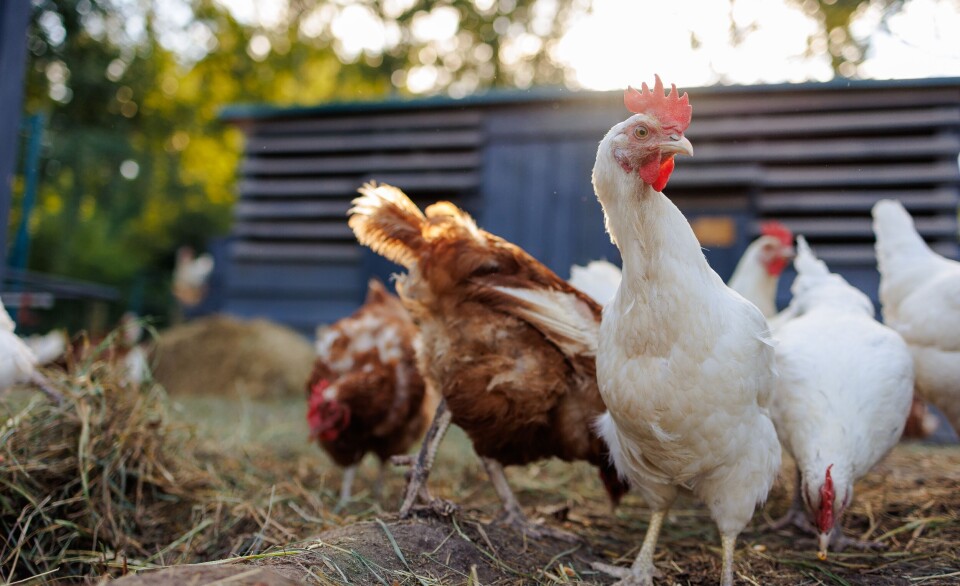-
Map: See how February rainfall compares to average in your French department
More than 30 departments classified as showing ‘extremely high’ levels of rainfall
-
A mayor in France expresses support for British woman expulsed over 'low income'
Briton ordered to leave the country after her small business failed to generate enough income in its first year
-
Pont Neuf in Paris to be transformed into the world’s largest immersive artwork
Visitors will be able to walk through the temporary installation as they cross the Seine
Coronavirus: Michelin's eco-friendly, reusable masks
Tyre-maker Michelin designs eco-friendly, cost-efficient, reusable protective masks for the coronavirus outbreak.

Tyre-maker Michelin has designed a facemask costing a fifth as much as throwaway ones that is eco-friendly, gives protection equivalent to gold-star FFP2 models, and lasts for three months. Called OCOV, it is being made by Lyon mask-maker Ouvry, with production reserved in the first weeks for companies and health workers.
Read more: environmental news: France to double number of wind turbines
Millions protected thanks to Michelin
Manufacturing was scaled up to make a million masks a week by the end of May and five million by the start of public sales towards the end of June. Masks cost €28 and they have five filters that can be washed and re-used at least 100 times.
They look ungainly but are serious kit as Ouvry specialises in bio-hazard protective equipment for firefighters and army. It comes after months of collaboration between Auvergne-Rhône-Alpes-based Michelin, Ouvry and the French nuclear and renewable energy agency CEA. They combined under a Clermont-Ferrand initiative to organise industrial firms in the Covid-19 crisis.
A Michelin spokesman said: “The idea was to make a mask which has a long life, is light and comfortable to wear, and which can be made in France. Our researchers have powerful computers which speed up the design process and help integrate manufacturing considerations, which, with the input from the CEA and Ouvry, meant we were able to come up with something quickly.”
Read more: can wearing a mask for too long be dangerous?
How it works
The mask comes in seven parts, and covers the face from the jaw to the nose. It has a main facemask and a smaller supple mask fitting inside to provide a close seal to the face. It is estimated that it will:
- Be five times cheaper to use than throwaway fabric masks;
- Be 23 times eco-friendlier because of reduced volume, transport and waste;
- Provide three month autonomy with the included washable filters;
- Give protection similar to FFP1 and FFP2 standards.
Reusable masks, less waste
Waste is a serious problem as masks have been dumped in streets. Street cleaners have a way to deal with them but advice is to put used masks in a plastic bag for general rubbish to be incinerated. The government set price limits for some types of mask, with three-fold paper surgical masks at a maximum of €0.95 each.
Washable fabric mask prices are recommended, not legally limited. Based on the number of uses, they should be 10-30 centimes per use with the number of uses marked on the pack. Cyclists and motorcyclists have used pollution filter masks for years and one supplier, Mask Generation, has its basic shaped-foam masks with washable filter for €39 on the site lemaskfrancais.com.
Many cloth mask initiatives have set up – boosting haberdashers and seamstresses – and some use the easy Grenoble Hospital pattern. Some are also on internet sale for around €5 each.Children’s designs with cartoon characters are rare, but a UK site has several at €5.88 +p&p.
Read more: gardeners in France asked not to cut hedges to protect birds
























